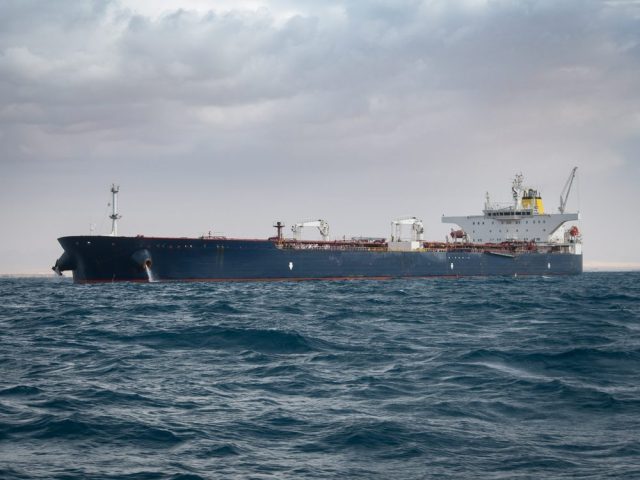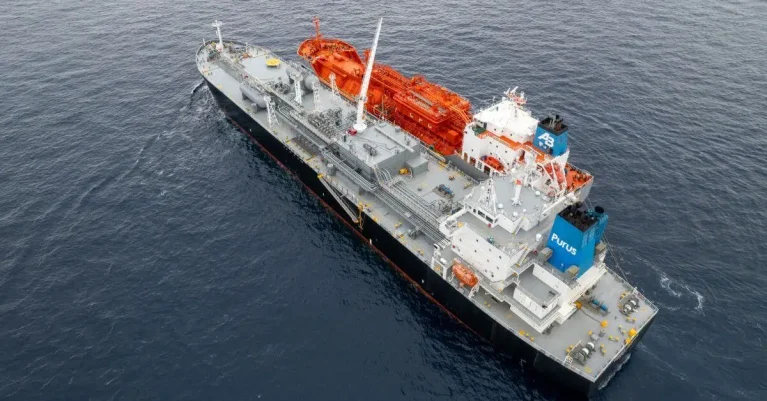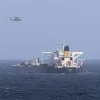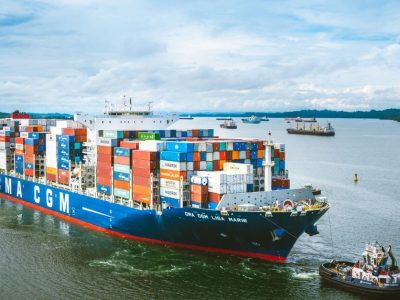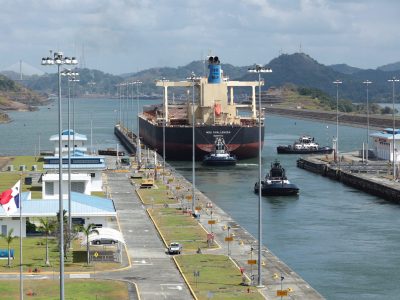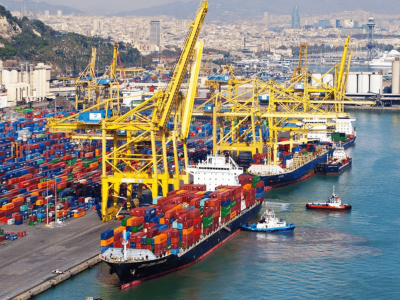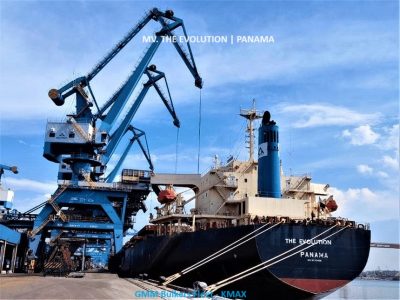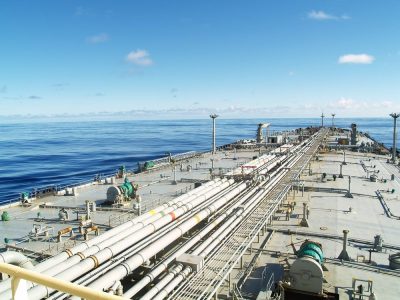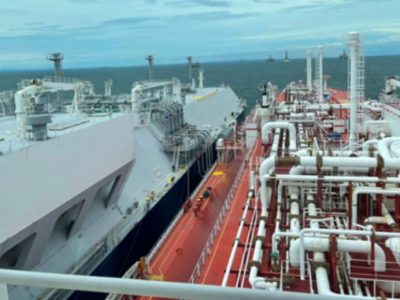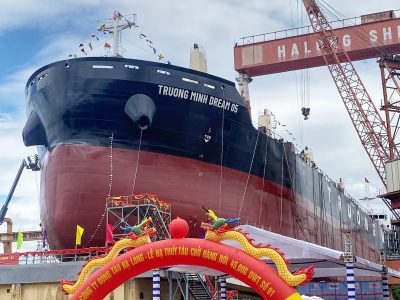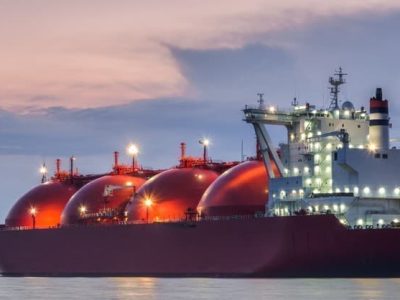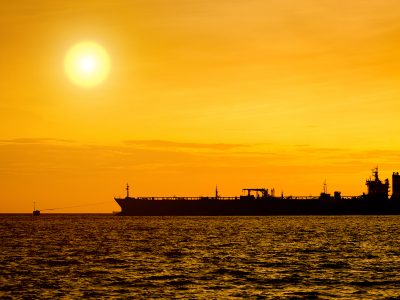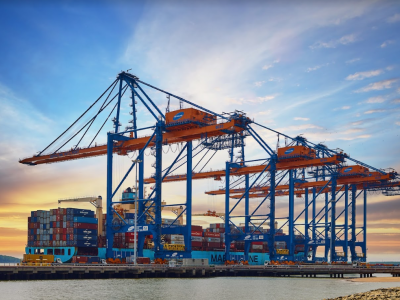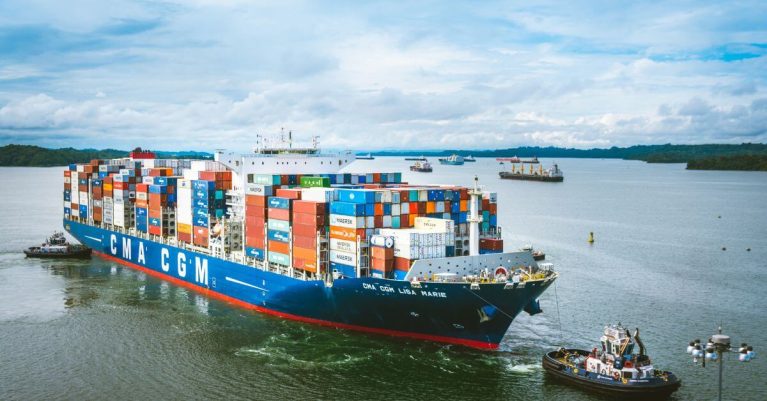By GMM News | 2024-09-28 | International Shipping News |

The Philippines has signed the Magna Carta of Filipino Seafarers, a new law protecting the rights of the country’s seafarers.
President Ferdinand R. Marcos Jr. presided over the signing ceremony on September 23, 2024, and stated the law’s importance. The law deals with issues such as fair wages, safe working conditions, and skill development for seafarers.
The law was passed to increase protections for Filipino seafarers, particularly those who work on international vessels. It also aims to address concerns raised by the international community about training and certification guidelines.
The new law establishes stricter education and training requirements for seafarers to meet global standards such as the Standards for Training, Certification, and Watchkeeping (STCW).
According to President Marcos, the Magna Carta focuses on fair wages, worker safety from hazards and exploitation and provisions for ongoing skill development.
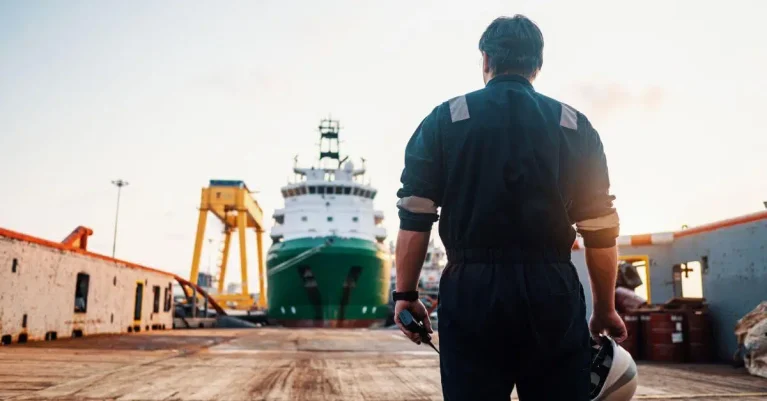
He said seafarers deserve fair salaries for their dedication and hard work and that their working conditions should prioritize compliance, safety, and protection.
The law also encourages career advancement by providing training and certification support to improve Filipino seafarers’ competitiveness in the global market.
The law is aligned with international maritime labour laws, ensuring that Filipino seafarers are compliant and exceptional at meeting the evolving demands of the maritime sector.
It also combines efforts from several government departments, such as the Department of Foreign Affairs, the Department of Labor and Employment, and the Maritime Industry Authority (MARINA), to streamline policies and improve the entire system for seafarers.
House Speaker Ferdinand Martin Romualdez stated that the law is essential for maintaining the Philippines’ status as the world’s largest provider of seafarers.
The law aims to ensure the continuous employment of Filipino seafarers while protecting them from exploitation and discrimination, especially women seafarers.
While the Magna Carta provides extensive protections and rights to seafarers, it has been criticized for some controversial aspects.
One of the most contentious issues is the requirement for seafarers to post a bond in disability disputes with employers, which could delay the issuance of awards until all appeals are completed.
Despite some political delays in its passage, the Magna Carta is considered a timely resolution to the issues faced by Filipino seafarers, mainly due to worldwide concerns about training standards and threats from the European Union to stop accepting Filipino credentials.
President Marcos stated that the law shows the government’s commitment to helping the seafaring community and ensuring their safety.
Reference: PCO

